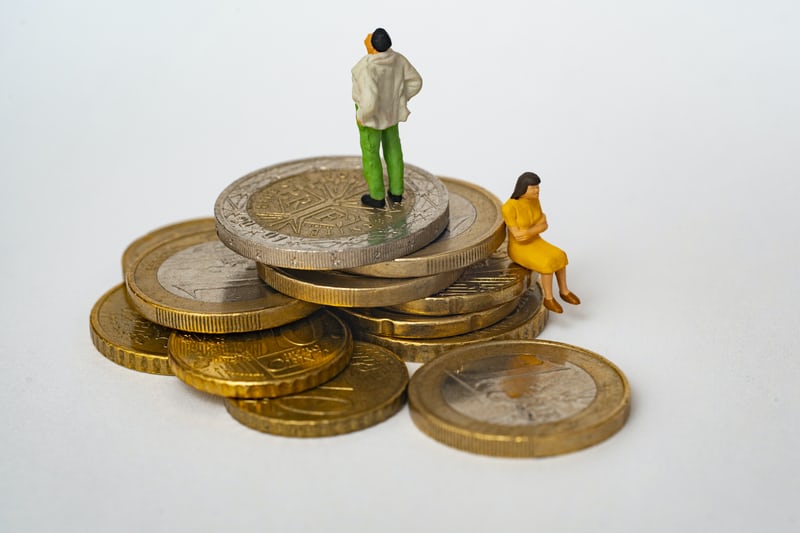There are endless worries in life and they never leave.
We complain and ruminate over things that don’t make sense and when it comes to deciding things that are in our control, we make poor decisions and put ourselves into more trouble.
Having nothing to worry about is a blissful feeling we believe can only be achieved after hitting a certain amount of zeros in the bank.
That is some wishful thinking
Let’s cut to the chase.
Enough dreaming and excuses.
This worrying cycle never ends.
Why?
Because the more you accumulate, the more you want to spend it on things you don’t need and eventually feel worse afterwards.
When you have less, you are more likely to be able to better differentiate what you need versus want. I’m not saying people with less are better money managers because many aren’t since they are at that stage especially once they get hit with a jackpot yet when you have less, you tend to make more of what you already have and in essence, have more.
More starts to mean less to you when you can buy everything you don’t need just want. You attempt to fill a void in your life with tangibles. It becomes harder to solidify relationships or take care of what’s really important such as learning a skill to staying healthy because you are warped up in quick schemes believing money is the solution. From purchasing a Weight Watchers meal plan to an all inclusive Ritz resort, this glitz quickly fades as you are doing less work yourself and using the money in the wrong places.
As with everything, specifically in college and at work, what you put in is what you get out.
Money is a drug. It gets more addictive and dangerous the more you have of it.
How you spend $1k is more or less indicative of how you will spend $1m and the worrying doesn’t stop at 7 or 9 zeros in your bank account because humans love to worry.
If one worry fades, another one is bound to come. There’s always something to get done!
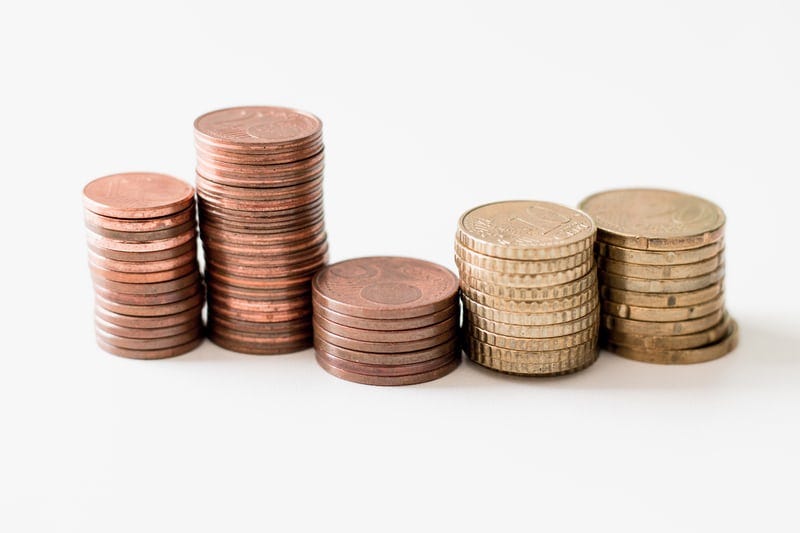
Inside the Head
The areas of economics and money management are all psychological. The reason majority of novice investors are active traders is because once they discovered this world of investing, a world in which they avoided as they once believed was made for old dudes who just stashed their money into funds and never touched it for decades was forgotten, they treated the markets like a gambling game, a.k.a Vegas on their phones.
They’ve fallen into the trap of what retail trading platforms Robinhood and WeBull advertise involving free commission trading and funky new slick styles of investing to lure traders to transact more often which leads them to loose more than what they started with.
Sorry Warren but most investors can’t be fearful when others are greedy because it’s human nature to follow the crowd. No matter if we see a high flying unprofitable in-debt stock soaring, we buy into it convinced others must be right. We want to beat the market and prove ourselves wrong disregarding future circumstances, leverage, time and energy wasted from doing so.
In economics, our purchasing habits, the logistics of supply and demand, the nature of inflation and the way we make decisions is all based on human psychology. We want something others don’t have and believe the grass is greener on the other side until we realize it usually isn’t.
Keeping up with the Joneses is a prevailing marketing tactic that has been amplified over the past few decades let alone half century since the birth of ads on tv, radio, the advent of the billion dollar advertising, marketing and social media world. These days we are spending more on things we never needed with money we don’t have. The bank and merchant don’t care if customers don’t have enough funds, that’s our problem we can’t solve.
The bank will charge you more interest on your debt each month than you will earn on your savings account in a decade. In fact during this time of heightened inflation hovering around 5%, you are loosing on your cash in the bank but remember, that isn’t a reason to cash out. Only prudent investors know cash is king and they need more of it.
Fear, past performance and uncertainty about the future are the main drivers into why the rich choose to store and hide the most cash compared to the rest of Americans who are living pay check to paycheck with no emergency savings.
The rich have dealt with uncertainly, failure, downfalls potentially living in their car at one point to keep afloat a struggling business and know having a balanced portfolio of roughly 20% cash at all times will allow them to sleep soundly.
Granted, the rich hoard so much cash because they can. When starting out, they most likely had zero to none but made it because cash was on their side. It’s a best friend when you need it. I’m sure they’ve thanked cash on their journey.
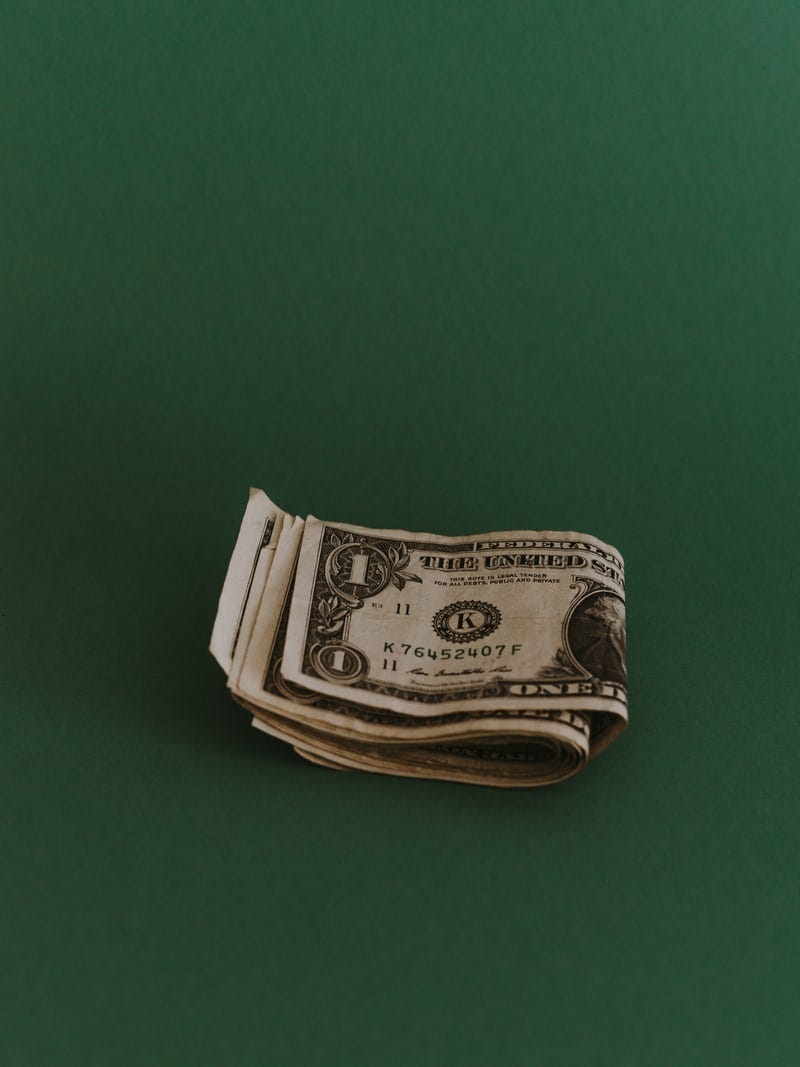
No Such Thing
A large percentage of the mega-rich still obsess and ruminate about money a great deal, even though they have a ton of it. Too much of anything is a bad thing because it creates its own worries. Although Bill Gates makes roughly ~$3m each hour, he’s publicly stated numerous times he would be upset at himself if he passed a dollar bill on the street! People have their quirks and know what it means to run out of money so they cherish every earning.
Only a slim percentage doesn’t need nor want more of it but they use money as a scorecard for their success. It becomes a big game, a competition where you can buy anything you want. If financial freedom isn’t the problem, having too much is so is the solution having less and living the minimalistic lifestyle?
It seems so. They end up wandering through life aimlessly. Countless children of the wealthy end up getting thrown into the family business or doing something random to maintain a lifestyle they don’t really care about.
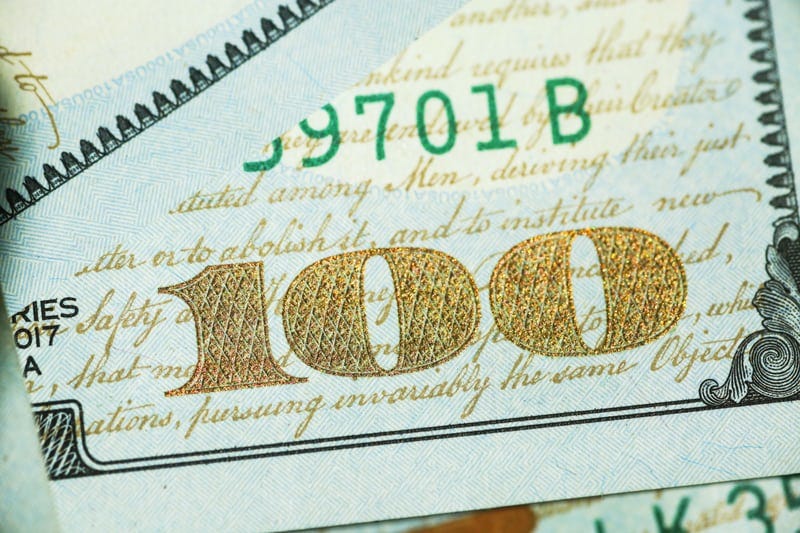
Scorecard
To be able to stay at the top of your game and be a millionaire and above, you would’ve had to have gone through quit a bit of ups and downs to beat out your competition and let luck flourish since most of the top 10% did not inherit their wealth.
They are self-made by either getting in on the opportunity at the right time, were savvy investors, extreme savers, took on several side-hustles, bought and held onto real estate at the right time, got into skeptical investments like Bitcoin or Tesla before their meteoric rise, secured their connections to the industry or have dabbed in a mixture of all.
The more success one has, the more luck is presented which means they can either win or loose it all. More risk = more reward or the opposite and worries don’t dissolve they only magnify forever.
It all comes down to choices. If you’ve taken your bets and want to play the safe game for the next 30–30 years you have left, all you have to do is focus on stabilizing your passive income streams, manage your spending, cherish your loved ones, guard your time, health and possessions, and most importantly make sure you have a stable and extra cash cushion for retirement, the most expensive part of life. Our health declines as we get older and since medical expenses are the number one reason Americans go into debt, the ideal cushion for retirement is worth more than you think.
Comparatively, if you choose to live a boring yet peaceful and simple life like Warren Buffett in his Omaha, NB home he purchased in 1958 for roughly $60k, be old school with limited tech and spend 5% of your earnings, then you will have no money worries but something will inevitably come up.
And yes, you can hire people to take care of it but it still takes space in your day and on your mind.
Something my coach told me recently that stuck with me was that challenges are meant for you not to break you. Life isn’t linear and something will come up. That’s part of it.
You can’t sit under a rock all your life expecting nothing to happen. Even then people will be wondering where you are and a leak or something will eventually happen.
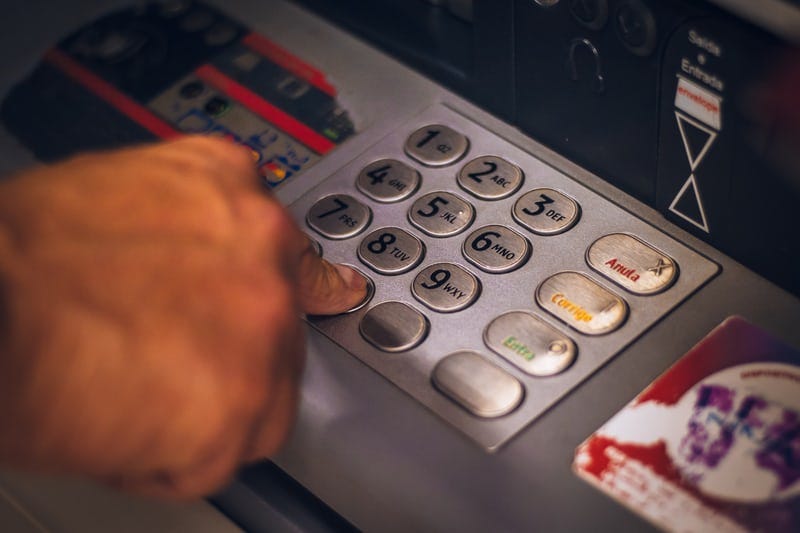
Getting your finances in order is the first step in everything. The most common worries and problems people carry on throughout their lives is based on money. If you spend less than you earn, have several income streams to keep you afloat, get creative and simple on what you don’t have to spend money on to still have a memorable experience, stay healthy, have connections and love 90%+ of what you do, then money problems should disintegrate, especially if you are healthy. You are in a lucky, lucky position then.
It doesn’t feel different to not worry about money because there are dozens of other things in life that have prominence yet money will lift the prevailing anxiety that accentuates the rest of problems since it’s involved in everything.
Nothing can replace the dreaded feeling of worrying where your next meal will come from.
Money buys freedom and flexibility. Your sanity, health, decisions and life trajectory depend on what you do with it.
Don’t abuse your power. You have the right to feel free so tackle that debt, liabilities, and financial burden head on to live a fruitful life.
There’s no point in making money if you can’t spend it but there’s also no point in spending if you can’t get to a better place.

